As a locksmith, the chances are that you’ve heard of BS3621, but you may not know too much about it and if you’re a homeowner, you’ve likely never heard of this certification! BS3621 is a hugely important certification within the lock industry though and something which insurance companies look for if you want to get coverage for your home, as well as ensuring that your property is secured to a higher level.
The BS3621 certification is controlled by the British Standards Institution (BSI) which was founded almost 120 years ago, in 1901 as the Engineering Standards Committee. BSI set out to ensure that services and products meet the expectations of quality, safety, and reliability and you will have no doubt seen the famous BSI kitemark logo on many products, including many household items such as plugs and fire alarms.
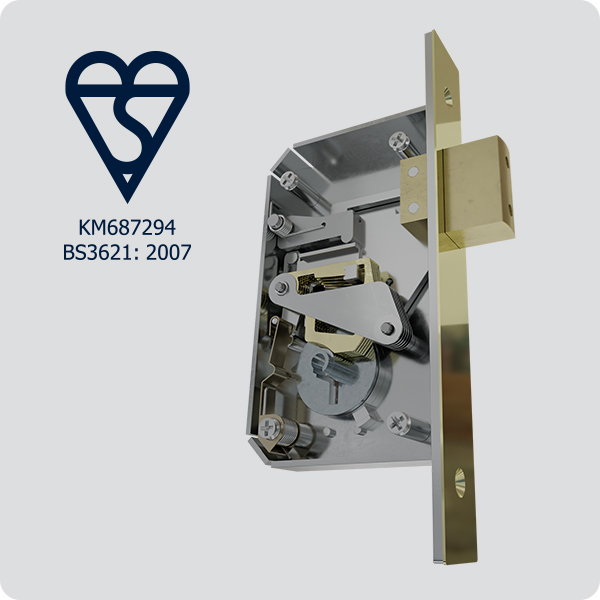
WHAT IS BS3621?
BS3621 is one of the most important certifications within the lock industry and it covers mortice deadlocks and sash locks, Euro deadlocks, and sash locks, and rim cylinder locks, such as nightlatches and rim locks.
Alongside BS3621, there are also BS8621 and BS10621 standards which cover slightly different types of locks.
BS8621 – The BS8621 standard covers locks that need a key for entry but not for exit. These locks are often seen in blocks of flats or apartments that use a key on the outside of the door and a thumb turn on the inside. This lock allows emergency escape without the use of a key at all times.
BS10621 – The BS10621 standard covers locks that can only be locked by a key from the outside. The locks can be opened from inside without the use of a key unless the function has been disabled by the positive use of a key from outside. These locks are best used on properties with another route of escape.
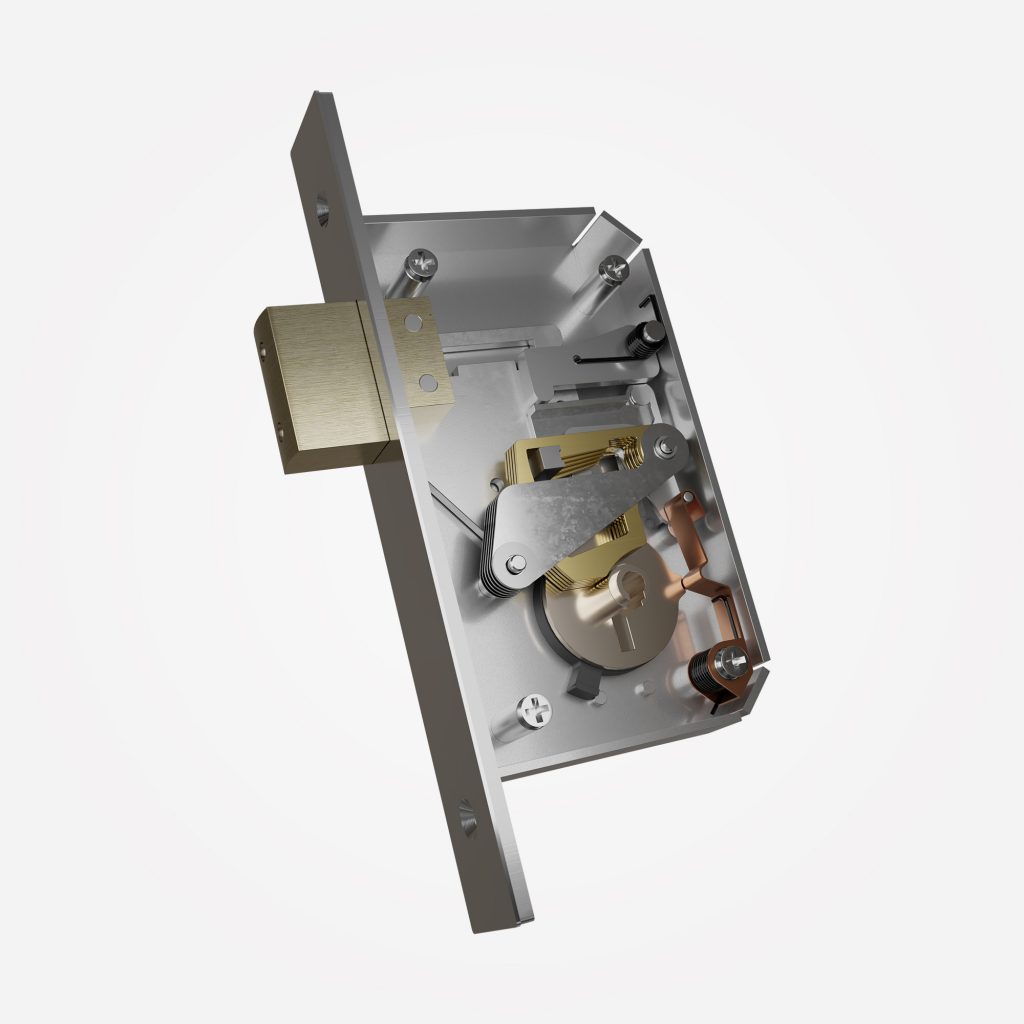
WHAT MAKES A LOCK BS3621 CERTIFIED?
There are a number of things that locks must have to pass the BS3621 certification and for mortice locks, these are;
- The lock must have at least 5 levers or pin tumblers
- The screws which fix the lock to the door must not be accessible when the door is shut
- The lock must be covered by a hardened metal plate in order to protect from drilling
- When the door is locked, the bolt must protrude by at least 20mm
- When activating the lock, the bolt must be completely activated before the key can be removed
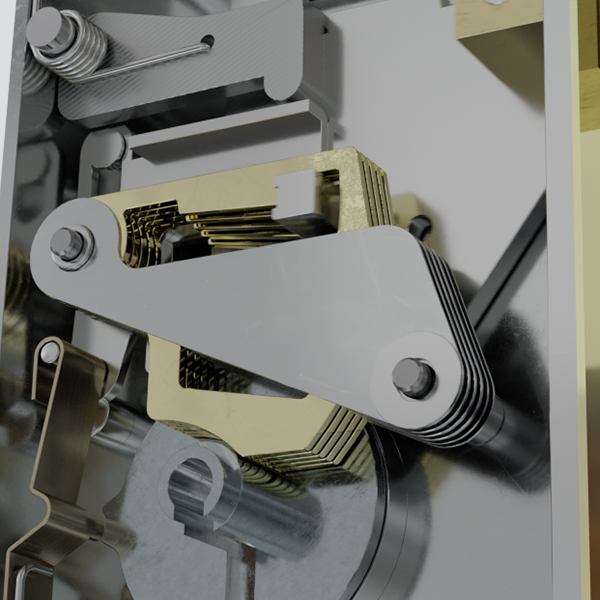
HOW DO I TELL IF A LOCK IS BS3621 CERTIFIED?
The easiest way to tell if a lock is BS3621 certified is to look for the kitemark logo. This kitemark logo looks like a heart with an S making up the centre of the heart and a B flat along the top. This kitemark logo should be on the faceplate of the lock and will be very easily noticeable.
If you live in an older property, your locks may well be British Standard but the kitemark may not be visible when looking at the external elements on display. Some locks will require removal from the door to check if they are British Standard. It’s always best to leave the removal of a lock to a trained locksmith to avoid risking damage to your lock or door.
The type of door you have will also help in identifying whether you have a BS3621 lock. If you have a door that is made of wood or timber, then you are likely to have a BS3621 type of lock in there. If you have a uPVC or composite door, then you will not have one of these locks, and you will likely have a euro-cylinder, such as the APECS 3* AP or 1* XS cylinder.
uPVC doors are covered by PAS24 which is the equivalent certification for these types of doors. These doors are secured by multipoint locks combined with euro-cylinders. APECS partnership with Ingenious Locks & Hardware (ILH) has seen us combine our KM 3*, Sold Secure Diamond Grade AP cylinder with the ILH Duplex lock. The ILH Duplex lock has passed PAS24 testing, which means that the door can withstand a range of the most common types of attacks to help prevent unauthorised access.
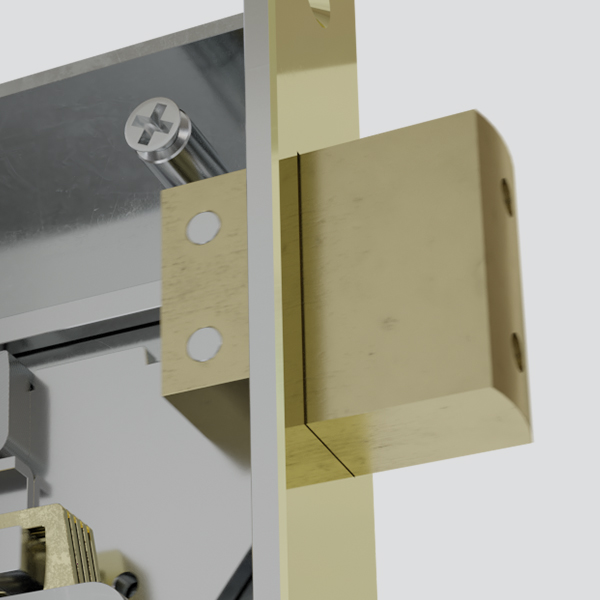
WHY IS HAVING A BS3621 CERTIFIED LOCK IMPORTANT?
First and foremost, having a BS3621 certified lock is important for home security. These locks have met the requirements needed by the BSI and therefore they should make your home more secure. With security elements such as no screws being visible when the door is locked, hardened metal covering the outside of the lock, and the 20mm bolt, all of these things make it much harder for a burglar to gain entry to your house.
The other important thing about BS3621 certified locks is home insurance. Many home insurance companies will require a BS3621 certified lock on external downstairs doors as a minimum to offer home insurance and although having a certified lock may not bring your premiums down, not having a certified lock could prevent you from getting home insurance.
This is a very important point to make clear to customers who are unsure about the need to pay a little extra to get an insurance-approved lock – their insurance may well be voided if they do not have the correct type of lock.
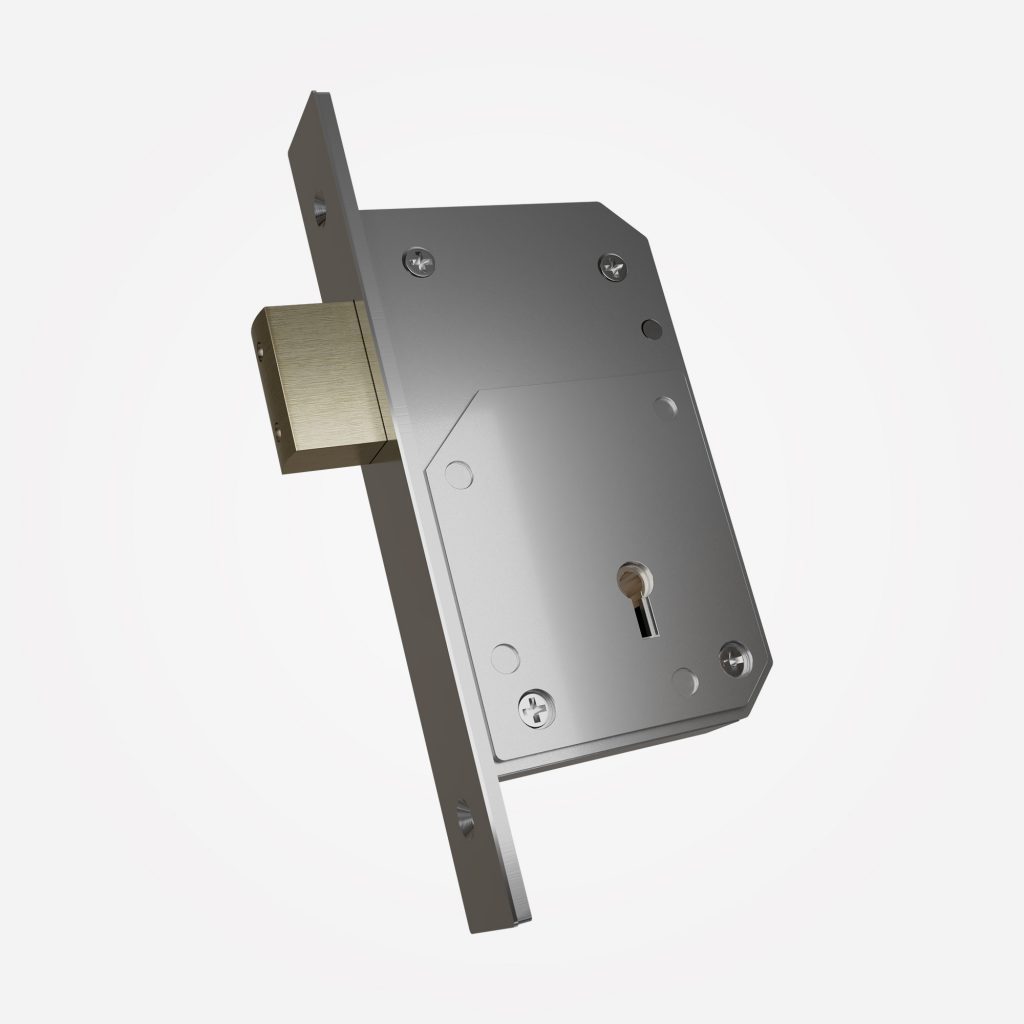
WHICH LOCKS ARE BS3621 CERTIFIED?
After having read all of that, you’re probably wondering which locks have received the BS3621 certification. Our APECS LX5 Deadlock is a 5-lever mortice lock that is BS3621 certified, making it a great choice for timber doors.
If you’re a locksmith looking to swap out an existing industry-standard 5-lever mortice lock for an insurance-approved one, then the APECS LX5 lock makes a great choice for you. The APECS LX5 fits into the same footprint as industry-standard locks, making it a quick and easy retrofit upgrade with no need for extra carpentry.
To purchase one of the APECS LX5 locks, you can either go through SKS, Duffels, Davenport Burgess or contact APECS directly at sales@apecs.co.uk or on 02073499888.
